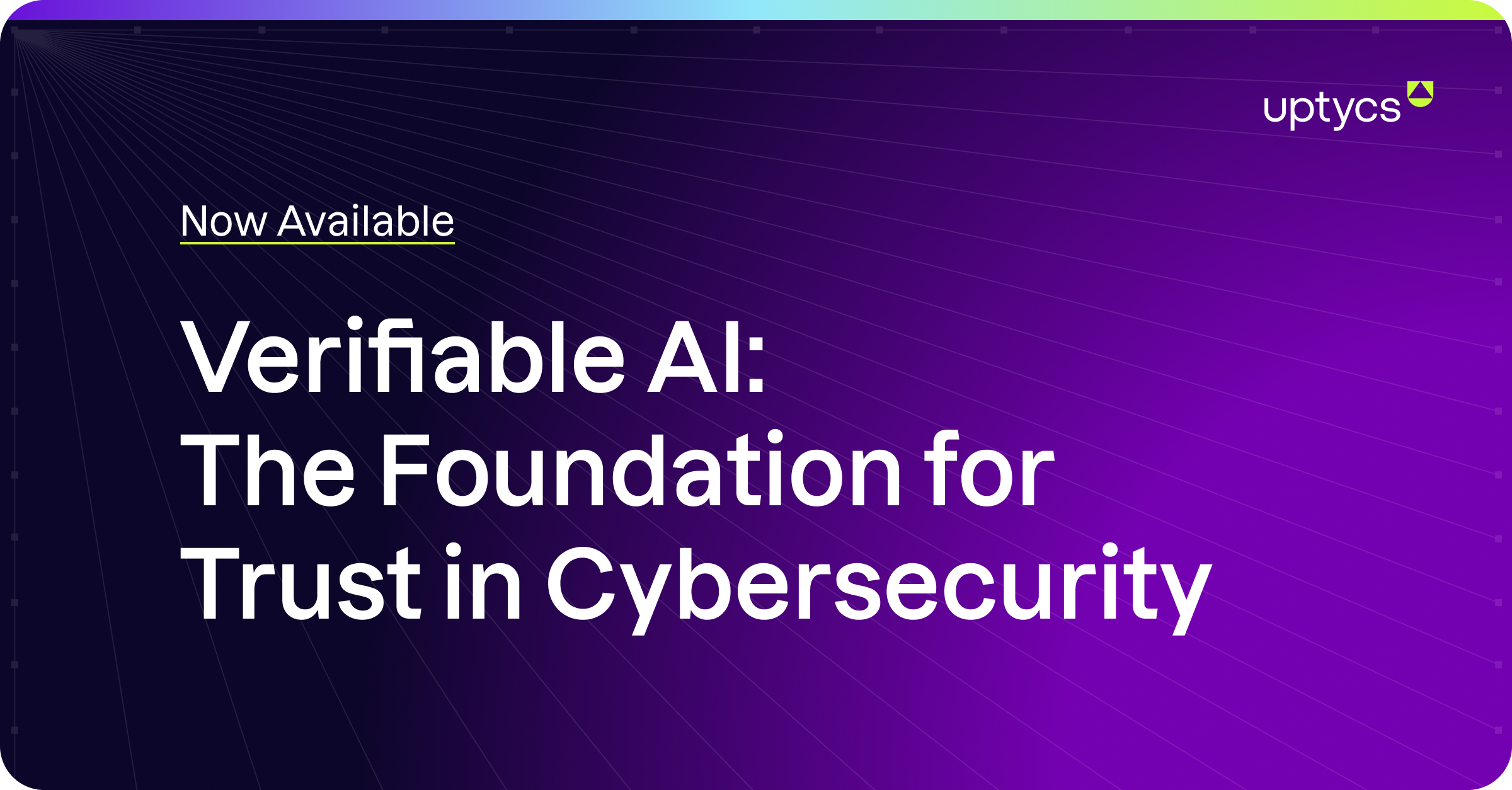At Uptycs, we understand the importance of mental health and burnout prevention, especially in high-pressure careers like information security. That's why we recently hosted a thought-provoking Cybersecurity Standup event on LinkedIn, featuring guest speaker Catherine Moore, a renowned resilience and mental wellness speaker, podcaster, and career coach.
Catherine was joined by our panel of Uptycs experts, including our Head of People, Katrice Gerlad. All our panelists shared some truly encouraging and valuable insights on managing stress and avoiding burnout, which we'd like to pass on to you.
Watch Cybersecurity Standup: Breaches and Burnout - Prioritizing Mental Health
What is burnout?
Burnout is a state of chronic physical and emotional exhaustion caused by prolonged stress and excessive work demands. It can lead to reduced productivity, loss of motivation, and negative effects on mental and physical health.
Why are cybersecurity professionals prone to burnout?
Cybersecurity is a fast-moving, demanding field and professionals face high-pressure environments, long hours, constant learning, and the responsibility of protecting sensitive data and critical systems. These factors, along with resource constraints and dealing with cyber threats, contribute to their high stress levels.
A few proactive steps to prevent burnout:
- Set boundaries between work and personal life by defining work hours and avoiding constant availability outside those hours.
- Practice self-care activities like hobbies, exercise, and mindfulness to recharge and alleviate stress.
- Seek support from colleagues and mentors, fostering open communication and collaboration to address challenges together.
- Take regular breaks throughout the workday to maintain a healthy work-life balance.
- Prioritize tasks based on personal and professional goals, aligning them with organizational objectives.
- Delegate tasks and ask for help when needed to prevent becoming overwhelmed with excessive workloads.
Incident Response Plan for Burnout
Know that it can happen to anyone, but also know that it is possible to recover from burnout. It often requires taking time off, seeking professional help, reassessing priorities, and implementing self-care practices. Recovery may take time, and individuals should be patient and kind to themselves during the process. If or when burnout happens to you, it can be helpful to know what you can do to recover.
What you can do:
- Take time off: It is important to take a break and give yourself permission to step away from work. This can involve taking a vacation, going on a retreat, or simply disconnecting from work for a period of time.
- Seek support: Reach out to a support system, whether it's friends, family, or a therapist. Having someone to talk to and share your experiences with can provide valuable perspective and emotional support.
- Reevaluate priorities: Reflect on what is truly important to you and reassess your goals and commitments. Consider what tasks or responsibilities can be delegated or eliminated to reduce stress and create more balance in your life.
- Practice self-care: Engage in activities that promote self-care and well-being. This can include exercise, mindfulness or meditation practices, getting enough sleep, engaging in hobbies, or spending quality time with loved ones.
- Communicate with your manager: Have an open and honest conversation with your manager about your workload, priorities, and the impact of certain projects on your well-being. Discuss possible solutions or adjustments that can help alleviate stress and prevent future burnout.
Strengthen Your Organization’s Mental Health Posture
Organizations can address burnout by fostering a supportive work culture that values employee well-being and supports open discussions about mental health. By investing in employee well-being, organizations can experience increased productivity, improved employee retention, enhanced morale and engagement, reduced absenteeism and presenteeism, and a positive employer brand. It is a win-win situation where both employees and organizations thrive.
Take action:
- Create a supportive work culture that values the well-being of employees and promotes open conversations regarding mental health.
- Promote work-life balance, self-care, and a sense of community among colleagues.
- Establish healthy policies such as ‘refresh’ days, mandatory time off, and stipends.
- Offer resources like counseling services, mental health programs, and workshops on stress management and resilience.
- Support flexible work arrangements to help employees manage their work and personal responsibilities effectively.
Keep the conversation going
We’re pleased to report that Uptycs' Cybersecurity Standup event was an uplifting experience for all. Catherine and our panel emphasized the importance of mental health and burnout prevention. Let’s keep the conversation going, and prioritize our mental well-being.
Connect with Uptycs on LinkedIn to stay informed about future events, webinars, and discussions focused on mental health in cybersecurity. Together, we can create healthier work environments where individuals thrive and organizations succeed.
You can also connect with Catherine Moore on LinkedIn, or check out her speakers page for RISE Directory, here.







